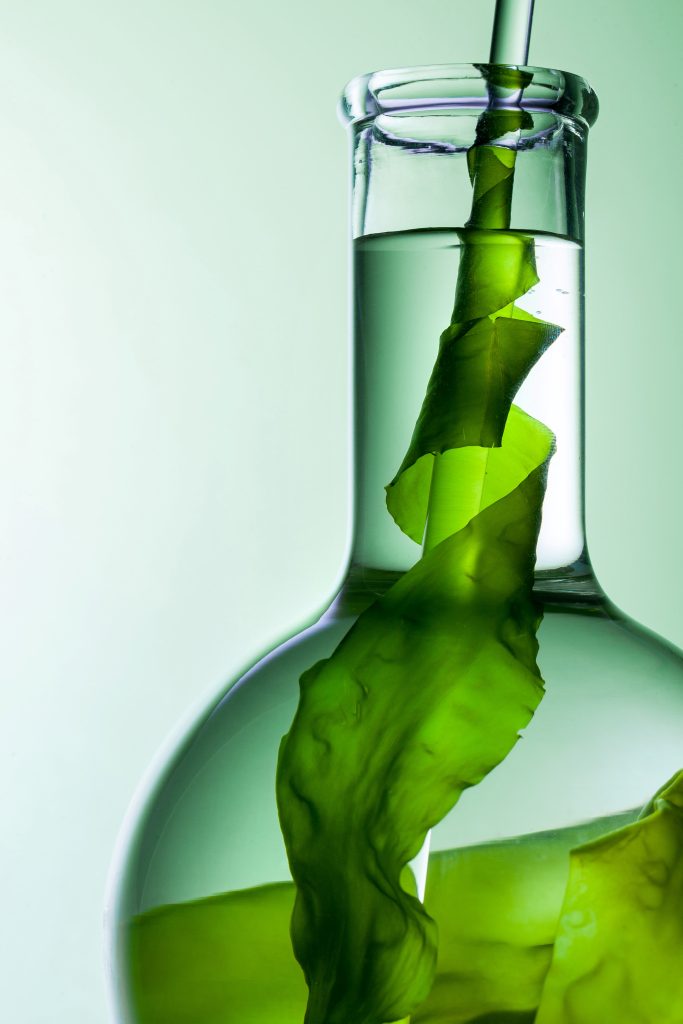
Retinol is often called the “gold standard” in anti-ageing skincare. It speeds up cell turnover, smooths fine lines, and helps even out skin tone. But anyone who has tried it knows it comes with a price: redness, flaking, dryness, and sensitivity. For many women in midlife, those side effects are simply too much.
That’s why I turned to the ocean. Instead of using retinol in my creams, I chose fucoidan extracts from two brown seaweeds — Fucus vesiculosus and Undaria pinnatifida. These marine extracts deliver results you can see and feel, but in a gentler, more sustainable way.
Retinol works, but it is not for everyone. Fucoidan offers a gentler path: firm, smooth, brighter skin, without the irritation. And because it comes from certified organic seaweed, it cares for the planet at the same time. That’s why you’ll find it in my Oceanic Day Cream and Oceanic Evening Cream.
| Aspect | Retinol | Fucoidan (from seaweed) |
|---|---|---|
| Source | Synthetic vitamin A derivative, made in factories | Extracted from sustainably harvested brown seaweed |
| Skin Benefits | Smooths and evens skin, but often irritating | Reduces wrinkles, boosts elasticity, hydrates, brightens, and soothes |
| Sustainability | Energy-intensive, petrochemical-linked | Renewable, absorbs carbon, needs no fertiliser or freshwater |

Five simple truths about what you need and perhaps what you don’t when it comes to skincare for women in mid-life
Finally a sustainable facial system that harmonises certified organic ingredients, clinically proven bio-active marine, and sustainable packaging and ingredients.